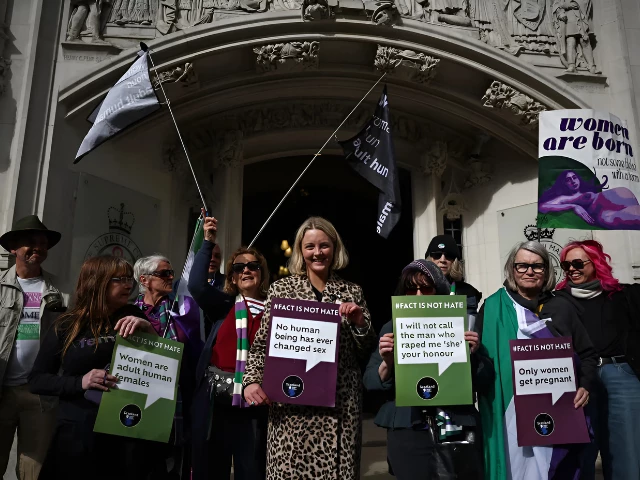UK Supreme Court rules 'woman' means biological female only under Equality Act
UK Supreme Court rules Equality Act defines woman by biological sex, excluding trans women from sex-based rights.

The UK Supreme Court has ruled that the legal definition of a woman under the Equality Act 2010 refers exclusively to biological sex, excluding trans women from sex-based legal protections while affirming their rights under separate provisions.
On 16 April, five Supreme Court justices delivered a unanimous decision that the terms “woman” and “sex” in the Equality Act 2010 relate to biological sex.
The ruling stems from a legal challenge brought by gender-critical campaign group For Women Scotland (FWS) against the Scottish government.
Lord Hodge, deputy president of the court, said: “The terms woman and sex in the Equality Act 2010 refer to a biological woman and biological sex.” He added, “This is not a triumph of one group over another,” emphasising that trans individuals remain protected under other aspects of the law.
The judgement clarifies that trans women—those assigned male at birth who hold a Gender Recognition Certificate (GRC)—are not considered women for the purpose of sex-based rights such as those related to single-sex spaces.
However, they are still protected under the act’s provisions for gender reassignment.
FWS argued the Scottish government had overstepped its authority by suggesting trans women with a GRC could be legally classified as women.
The case challenged a prior ruling by Lady Haldane in 2022, which stated that legal sex could be changed via a GRC and that sex in law was not strictly biological.
In its 88-page decision, the court said the Equality Act “makes clear that the concept of sex is binary” and that “a person is either a woman or a man”.
The justices noted that while the Act does not explicitly use the word “biological,” its language implies sex is determined by anatomy and chromosomal differences.
The ruling stated that extending the legal category of “woman” to include trans women with GRCs would create “incoherent” outcomes and conflict with the original purpose of sex-based protections.
Despite the outcome, the court reaffirmed that a trans person who is discriminated against due to gender reassignment remains entitled to legal recourse.
A trans woman, for example, could bring a case under the protected characteristic of gender reassignment, or for sex discrimination if mistreated based on being perceived as a woman.
FWS, which opposes reforms allowing self-identification of gender, said the initial amendment by the Scottish government posed a risk to women’s legal rights.
While the amendment was later withdrawn, the case continued due to guidance stating that a person with a GRC should be treated as female “for all purposes”.
The ruling is expected to impact how public bodies and institutions implement single-sex policies and interpret equality law across the UK.




















COMMENTS
Comments are moderated and generally will be posted if they are on-topic and not abusive.
For more information, please see our Comments FAQ